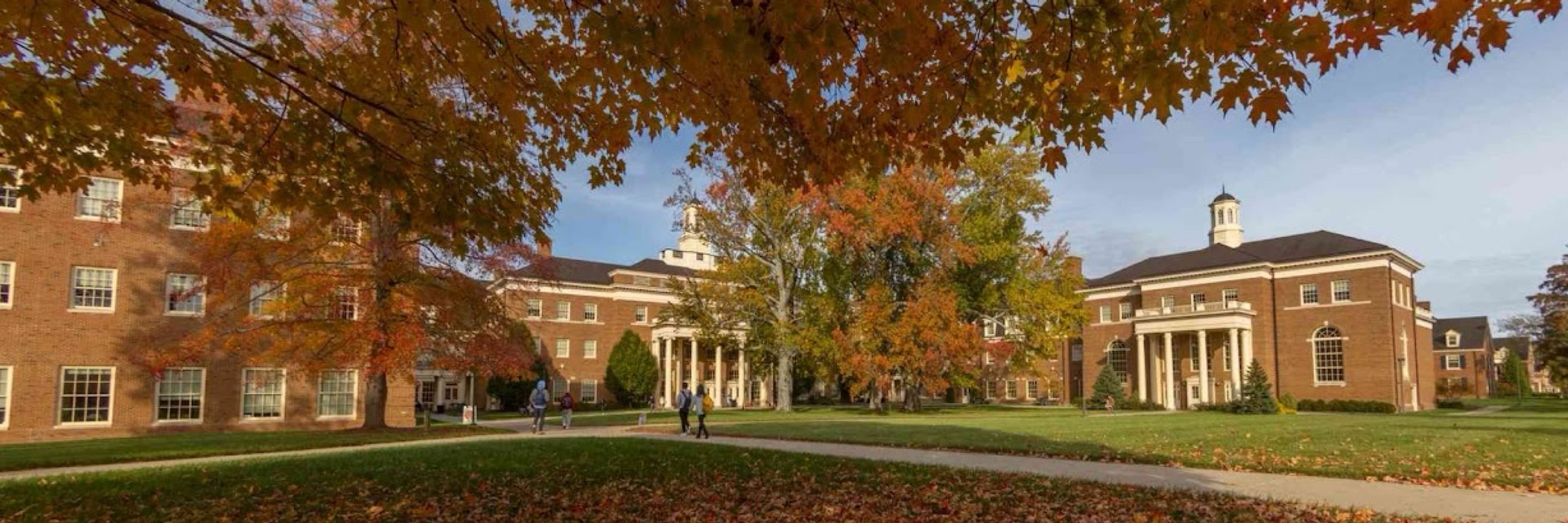Jim Flynn
@jimflynn9.bsky.social
400 followers
620 following
71 posts
Economics AP at Miami University (the Ohio one) studying health, labor and public.
Website: sites.google.com/colorado.edu/james-flynn
Posts
Media
Videos
Starter Packs
Reposted by Jim Flynn
Jim Flynn
@jimflynn9.bsky.social
· Aug 18
Jim Flynn
@jimflynn9.bsky.social
· Aug 18
Jim Flynn
@jimflynn9.bsky.social
· Aug 18
Reposted by Jim Flynn
Reposted by Jim Flynn
Riley Acton
@riacton.bsky.social
· Aug 18
Reposted by Jim Flynn
Peter Nencka 📊
@peternka.bsky.social
· Aug 18
Jim Flynn
@jimflynn9.bsky.social
· Aug 18
Jim Flynn
@jimflynn9.bsky.social
· Aug 18
Jim Flynn
@jimflynn9.bsky.social
· Aug 18
Jim Flynn
@jimflynn9.bsky.social
· Aug 18
Jim Flynn
@jimflynn9.bsky.social
· Aug 18
Jim Flynn
@jimflynn9.bsky.social
· Aug 18
Jim Flynn
@jimflynn9.bsky.social
· Aug 18
Jim Flynn
@jimflynn9.bsky.social
· Aug 18
Jim Flynn
@jimflynn9.bsky.social
· Aug 18
Reposted by Jim Flynn








